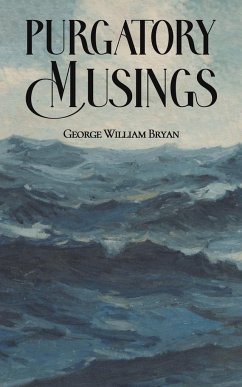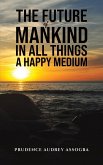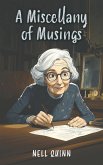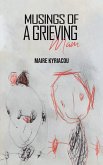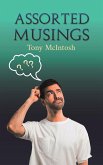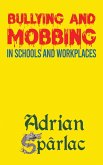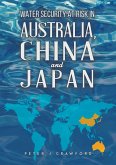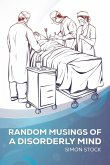This book of poetry deals with the conflict where science is dominant in working its wonders, and the religious has become questionable regarding its relevance. It results in our culture's tendency to view science as our major source of defining and controlling reality. This is suggested in Arthur C. Clarks novel, Childhood's End, as well as in the classic Kubrick film, 2001: A Space Odyssey. The point being that we are no longer children dependent upon a father, but are on our own, alone. Science utilises information of the external world, ie. collection of data and statistics, but is weak in its ability to cross the boundary into the internal world of the individual. In fact, it frequently disparages claims of noetic witnessing as fancy, hysteria, illusion, or outright psychosis. The poems are a mixture of fantasy and reality, leaving the reader to determine their personal view. The two convictions noted have consequences. Our culture's present absolute trust of science in all knowledge leaves a sense of control, but results in a terrifying feeling of alienation in a cold universe. The religious view, having a quality of support, offers comfort of hope, but at the price of having to submit to a power greater than ourselves. Speculation is that our world of common experience, with its mix of good and evil within us, as well as without, is in fact an odyssey of repetition and judgement. It is our home, it is Purgatory.
Hinweis: Dieser Artikel kann nur an eine deutsche Lieferadresse ausgeliefert werden.
Hinweis: Dieser Artikel kann nur an eine deutsche Lieferadresse ausgeliefert werden.

